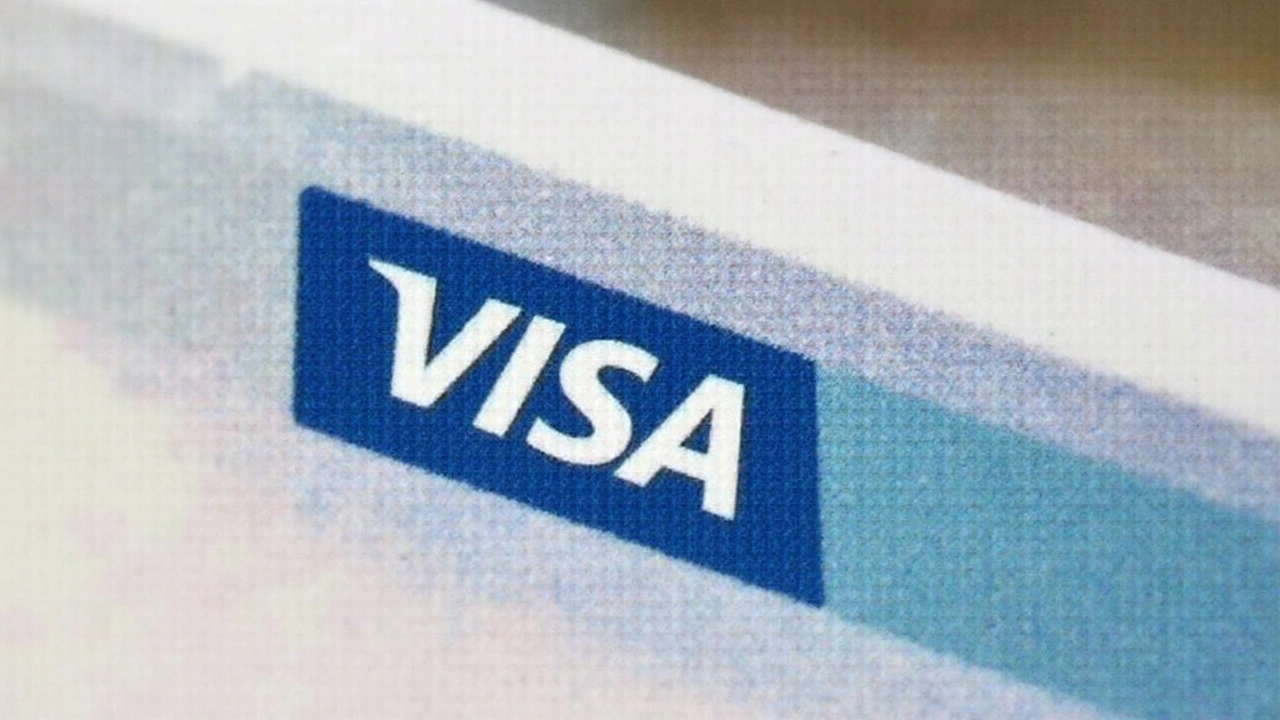Immigration and Visa – Latest UK Sponsor Fee Changes 2025
Big news hit the UK immigration scene in early 2025: the Home Office is raising sponsor licence fees and boosting visa costs. If you run a business that sponsors overseas talent or you’re an employee waiting for a Skilled Worker visa, you’ll feel the impact. Let’s break down what’s changing, why it matters, and what you can do right now.
What’s Changing?
First up, sponsor licence fees are jumping by about 120%. The old £536 and £1,476 rates for small and large sponsors are now £1,176 and £3,176. That’s a hefty increase for any company that relies on foreign workers. On top of that, the Certificate of Sponsorship (CoS) fee is also climbing – it goes from £199 to £439 for each new certificate. In plain terms, you’ll pay more per worker you bring in.
Visa application fees are not exempt. The Home Office added an extra £50 to the standard Skilled Worker visa, £100 to the In‑tra‑company Transfer, and £150 to the Health and Care visa. The changes start on 9 April 2025, so the cost you see on the website today will be higher next month.
How to Prepare
Employers must stop shifting sponsorship costs onto the employee. The new rules say any attempt to recover fees from the worker can lead to licence revocation. That means you need a clean, compliant contract that shows the sponsor covering all fees. It’s also a good idea to audit existing contracts now – catch any hidden cost‑recovery clauses before the deadline.
The Skilled Worker salary threshold is getting tighter as well. The Home Office will assess whether a job truly meets the “going rate” for that occupation, not just the minimum salary you’ve set. If your role falls below the market rate, you’ll need to raise the offer or risk the visa being refused.
So, what should you do today? Start by updating your sponsorship policy to state clearly that the sponsor pays all fees. Run a quick spreadsheet of every employee on a sponsored visa and note the fees you’ve already paid. If any contracts mention deductions, flag them for revision.
Next, review salary bands. Check the latest published “going rates” on the UK government website and compare them with your current offers. If there’s a gap, adjust the salary or re‑classify the role to avoid a refusal. Small tweaks now can save you a costly appeal later.
For workers, the news is a reminder to keep an eye on your sponsor’s compliance. Ask your HR department for proof that they’re covering the fees and that your contract matches the new rules. If you notice any discrepancies, raise them early – it’s better to sort it out before your visa expires.
Finally, keep monitoring official Home Office updates. Policy tweaks can happen throughout the year, and staying informed means you won’t be blindsided by another fee hike. Subscribe to the Home Office newsletter or follow a reliable immigration blog – a few minutes a month pays off.
Bottom line: the 2025 changes raise the cost of sponsoring talent, tighten salary checks, and put the onus on employers to bear all fees. By auditing contracts, adjusting salaries, and staying alert, both sponsors and workers can navigate the new landscape without unnecessary drama.
The UK Home Office raises Certificate of Sponsorship fees by 120% and tightens rules on cost recovery, effective April 9, 2025. Visa application fees climb by £50‑£150, while sponsor licence fees also go up. Employers can no longer shift sponsorship costs to workers or risk licence revocation. New salary assessment rules affect Skilled Worker thresholds. Companies must audit contracts and immigration policies immediately.
View More




